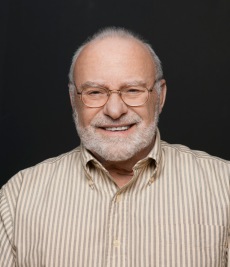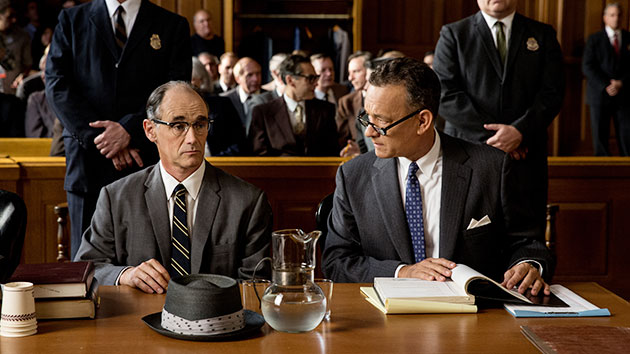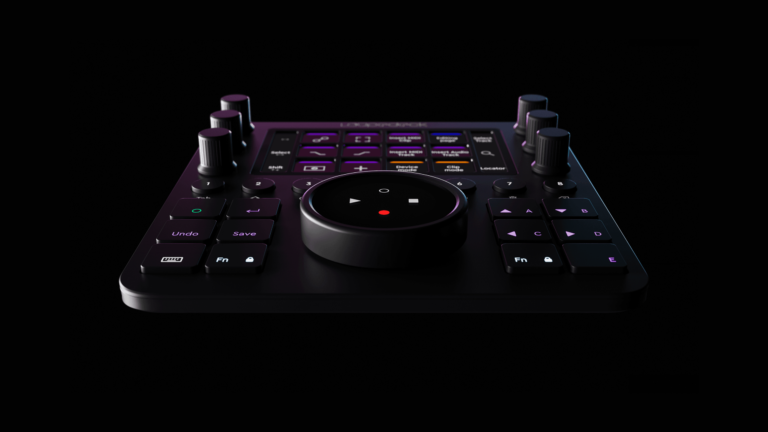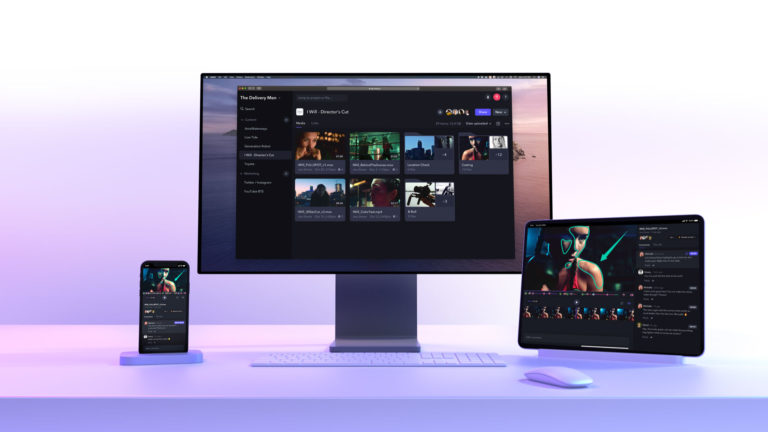
Building Tension Without Action Scenes Seems Hard — Unless You've Been Working with Spielberg for 40 Years
When discussing his work alongside his longtime friend, director Steven Spielberg, on the Cold War saga Bridge of Spies, veteran film editor Michael Kahn, ACE, gives the distinct impression that the project was almost effortless. That’s because Kahn, who will turn 80 this year, has been a film editor since 1969, has been editing feature films since 1972, has edited all of Spielberg’s movies since Close Encounters of the Third Kind in 1977, and says he has no plans to retire as long as Spielberg wants to work with him.
“Next year, we’ll have been together 40 years,” Kahn exclaimed with pride during our interview for the Podcasts from the Front Lines series. “I love the guy. He’s a real mensch.”
Still, despite their lengthy collaboration, Kahn, who has received seven Academy Award nominations and won three times—all three wins and all but one of those nominations (for 1987's Fatal Attraction) coming for his work in partnership with Spielberg—says “I can’t think of another show we’ve done quite like [Bridge of Spies],” which he refers to as “a dialogue show.”
By that, he means the film is a cerebral thriller. While telling the true story of lawyer James B. Donovan (Tom Hanks) as he is pulled into Cold War-era spy intrigue when asked to first defend a presumed Soviet spy, played by Mark Rylance, and then, eventually, negotiate his return to Soviet custody in exchange for American pilot Gary Powers, Kahn had to help Spielberg tell a true story, a period piece, and, at its heart, a story that was about matching wits, taking the measure of one’s adversaries, and trying to outsmart them. What the movie isn’t, is a typical spy thriller or, really, even an action piece at all.
That reality made Kahn’s editing work all the more impressive, considering the creative challenges he faced in building tension and pacing a piece that largely revolves around courtrooms, intense discussions, negotiations, and fearful moments of contemplation.
“We employed a style,” Kahn explains. “We didn’t rush the show or try to make fast cuts. We went to the lines [in the screenplay by Matt Charman and Ethan Coen & Joel Coen] and played them on the characters. Sometimes, you play them off the characters, but here, we played them on the characters. We had a good time doing it, because the writing was so great, and the performances were so great.”
During his conversation with Studio, Kahn explained the challenges of editing the movie and his method of working alongside Spielberg, including their mutual transition from analog film editing to nonlinear editing on the Avid, his philosophies on making true-to-life stories, and some of the issues they are currently involved with in putting together Spielberg’s next film, The BFG, a technically complex animation-and-live-action hybrid slated to debut in the summer of 2016, among other topics.
To enjoy the conversation, watch the video below or, to download an audio-only MP3 version, right-click here.
Crafts: Editing
Sections: Creativity
Topics: Podcast Podcasts from the Front Lines Project/Case study Avid editing media composer michael kahn
Did you enjoy this article? Sign up to receive the StudioDaily Fix eletter containing the latest stories, including news, videos, interviews, reviews and more.











Leave a Reply